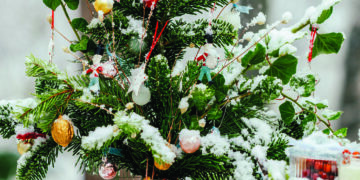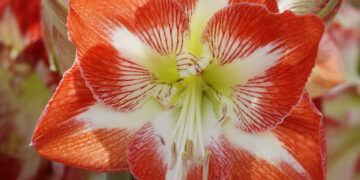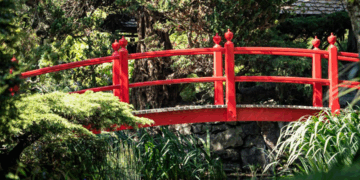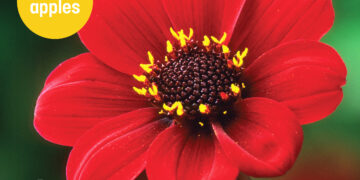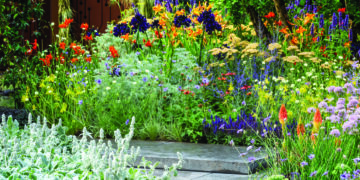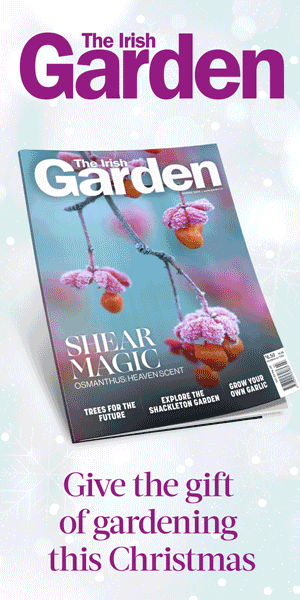No Result
View All Result
Flower Beds and Borders
- Weed diligently to prevent seeds from spreading and causing future issues.
- Prepare new borders for planting flowers or shrubs this autumn.
Bedding Plants and Containers
- Continue regular watering and feeding of bedding plants in pots and baskets. Feed every two weeks to maintain their growth after the first flush.
- Make sure to water plants thoroughly, as roots have now filled the pots and watering has become more critical.
- Keep feeding and watering baskets and other containers regularly, even if it feels tiresome. There are still at least two months of flowers on some of these containers.
Sowing and Collecting Seeds
- Sow seeds of perennial flowers and collect seeds from others to sow in autumn or spring. Label and store them in a fridge.
- If you grow your own bedding plants, begin sowing seeds in a heated propagator. This allows for a wider variety of flowers than those sold in early summer.
Planting and Caring for Bulbs
- Purchase and plant spring bulbs as soon as possible for the best flowering results.
- Pot 30 to 50 crocus corms in a broad, shallow bowl for a stunning spring display.
- Assess new locations for spring bulbs in your garden.
Taking Cuttings and Dividing Perennials
- Last chance to take cuttings from tender plants like geraniums, marguerites, fuchsias, and argyranthemums to carry over winter.
- Lift, divide, and replant herbaceous perennials during good weather.
Maintenance and Protection
- Check stored dahlias and gladiolus for drying or greenfly attacks. If they’re dry, soak them in tepid water overnight and control greenflies.
- Monitor slug damage on overwintered sweet peas, especially in greenhouses or tunnels.
- Tidy up perennial flowers, leaving attractive stems and seedheads for autumn and winter displays.
- Help bedding and container annuals last longer by providing liquid feeding and regular watering.
No Result
View All Result

